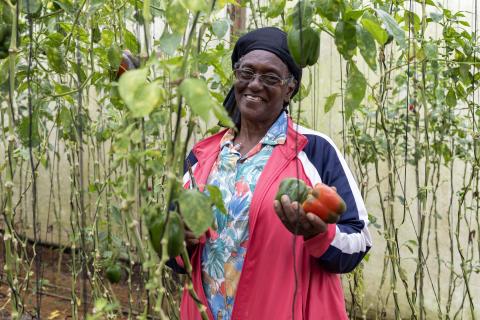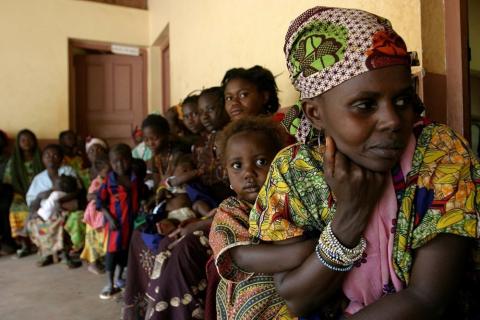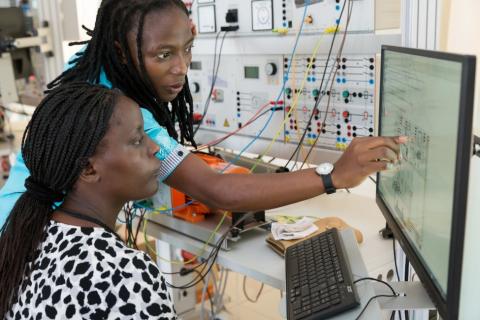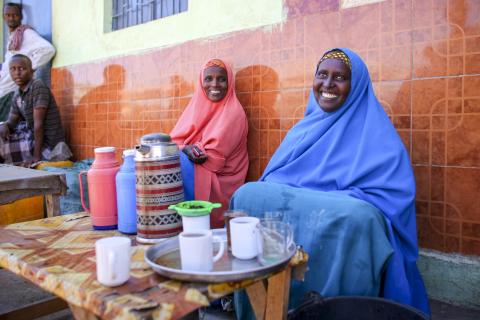UN DESA Policy Brief No. 180: Anticipating the extent and pace of population ageing in SIDS can help build a more sustainable future in these vulnerable states
Over the next decades, most small island developing States (SIDS) are projected to experience a rapid increase in both the share and the number of people aged 65 years or over. In half of the SIDS, the size of the older population will double between now and 2055. All SIDS, even those with youthful populations today, should embrace forward-looking strategies to capitalize on the opportunities that population ageing will bring, while also addressing the context-specific challenges it may pose.
UN DESA Policy Brief No. 172: The New Landscape of Fertility and Family Planning 30 Years After Cairo and Beijing
Thirty years after the landmark Cairo and Beijing conferences, the world has witnessed both progress and continued challenges in many aspects of sexual and reproductive health, including adolescent childbearing and contraceptive use. Within the broad picture of progress and stalls in sexual and reproductive health, this policy brief examines in more depth the changes in adolescent birth rates and family planning in the context of global fertility decline over the last 30 years and discusses the challenges of living up to the commitments made at Cairo and Beijing moving forward.
UN DESA Policy Brief No. 161: On the path to an older population: Maximizing the benefits from the demographic dividend in the least developed countries
While many least developed countries (LDCs) are still experiencing persistently high fertility and rapid population growth, they have also begun to experience progressive population ageing. Preparing for population ageing in LDCs will be critical for achieving sustainable development and ensuring that no one is left behind. Maximizing the benefits from the demographic dividend will provide an opportunity for these countries to develop economically before their populations become much older.
UN DESA Policy Brief No. 153: India overtakes China as the world’s most populous country
Taking account of future population trends in national development planning is essential for achieving the Sustainable Development Goals, in particular, those related to poverty, food security, health, education, gender equality, decent work, inequality, urbanization and the environment, and for ensuring that no one is left behind.
UN DESA Policy Brief No. 147: Old age inequality begins at birth: life course influences on late-life disability
Improving working conditions and access to quality education across the lifecycle can help reduce inequality in health outcomes among older adults. Expanding healthcare coverage and addressing the social determinants of health are also vital.
UN/DESA Policy Brief #93: Social policy and social protection measures to build Africa better post-COVID-19
This policy brief reviews the socio-economic impacts of the COVID-19 crisis in Africa and presents the continent’s social protection responses.
UN/DESA Policy Brief #69: Leaving no one behind: the COVID-19 crisis through the disability and gender lens
This policy brief highlights the impact of COVID-19 on women and girls with disabilities and provides policy guidance for governments and other stakeholders to adopt inclusive and accessible measures to not only mitigate the adverse impacts of the crisis but build resilient societies.
 Welcome to the United Nations
Welcome to the United Nations






